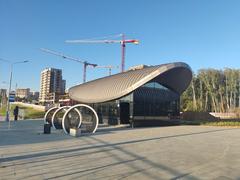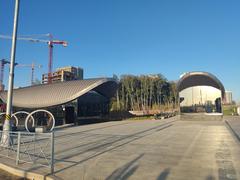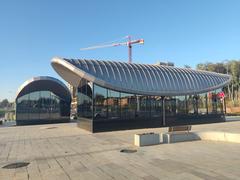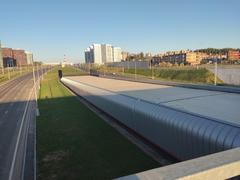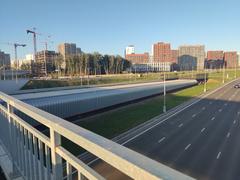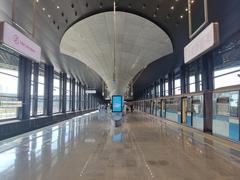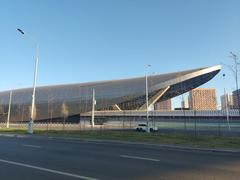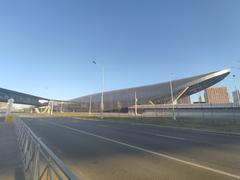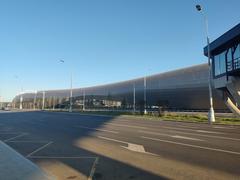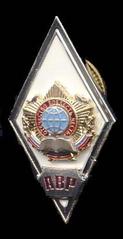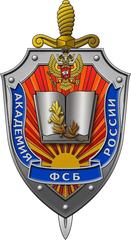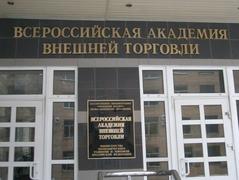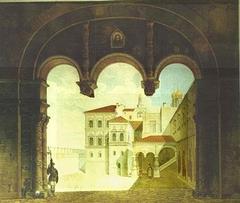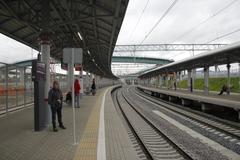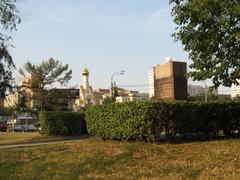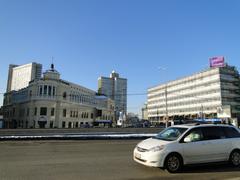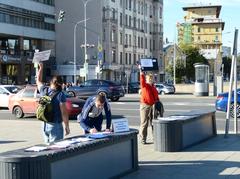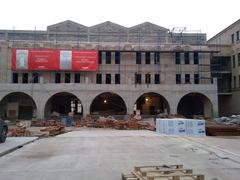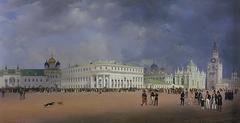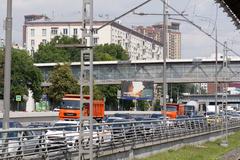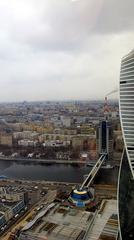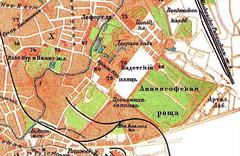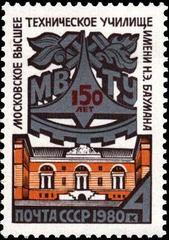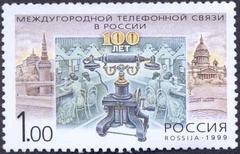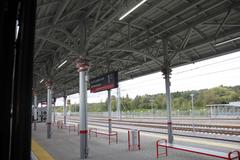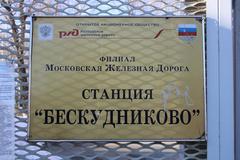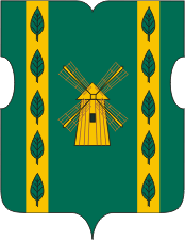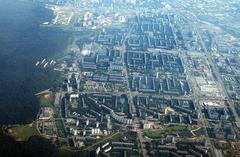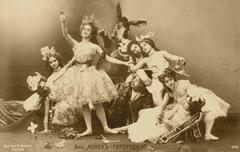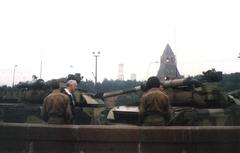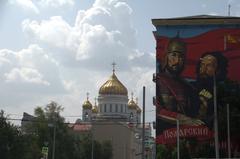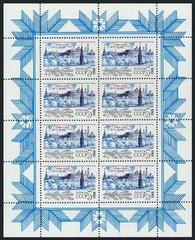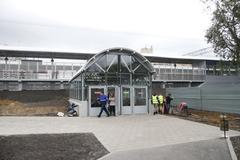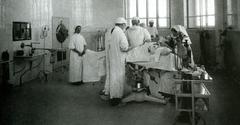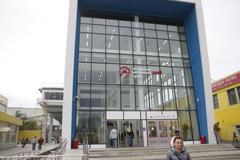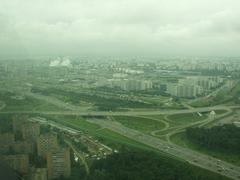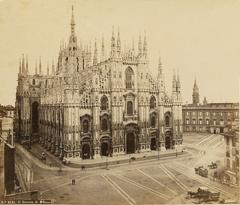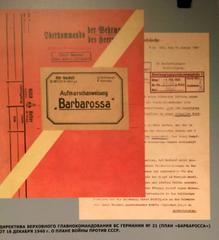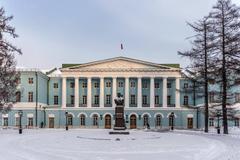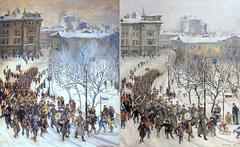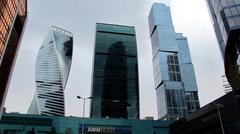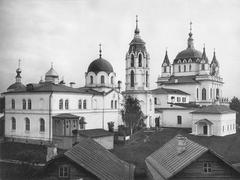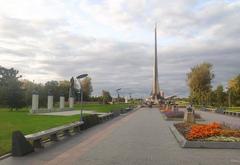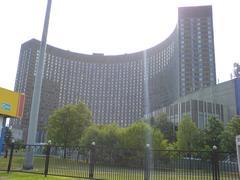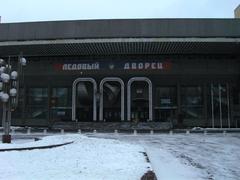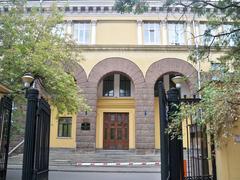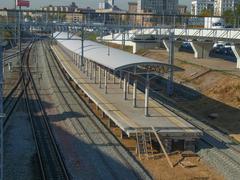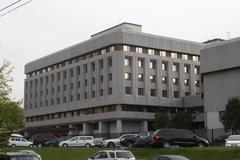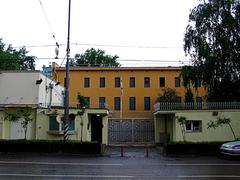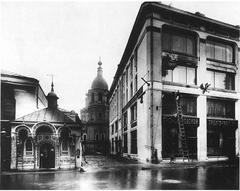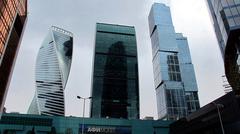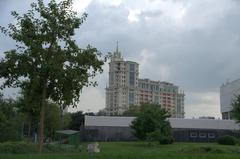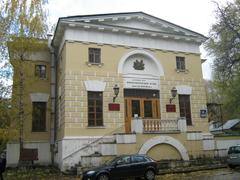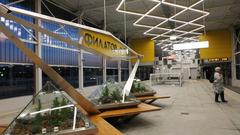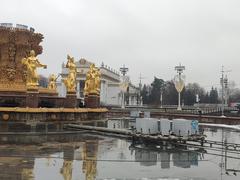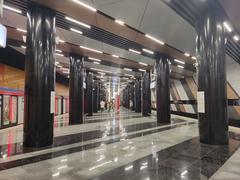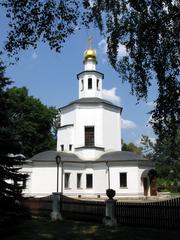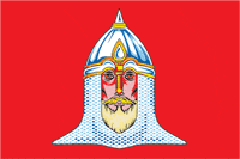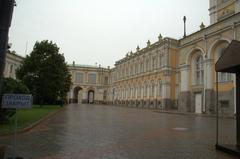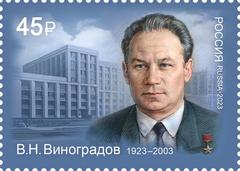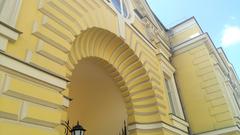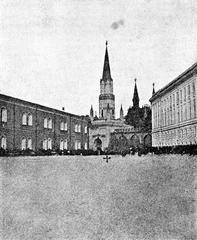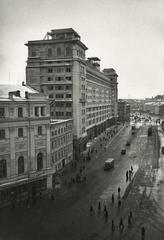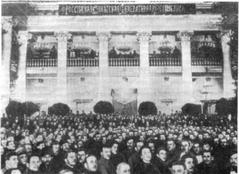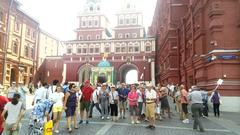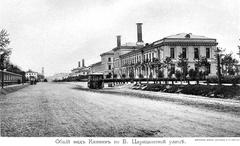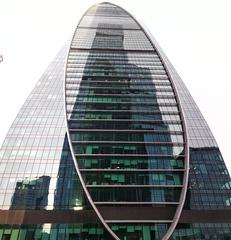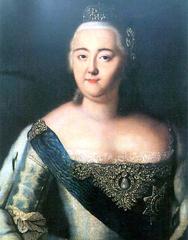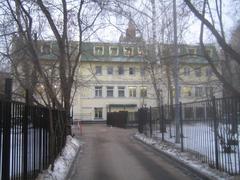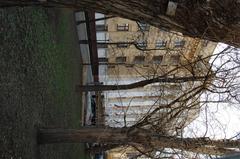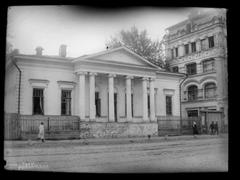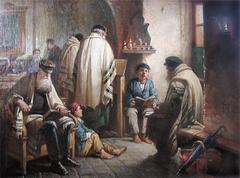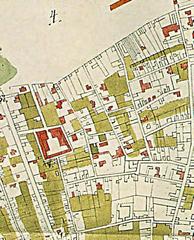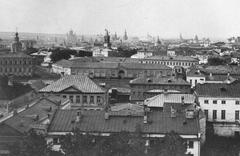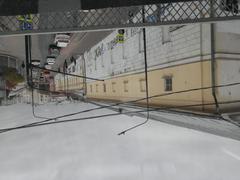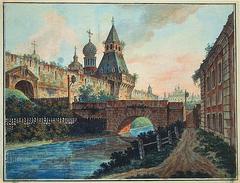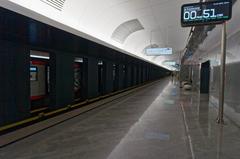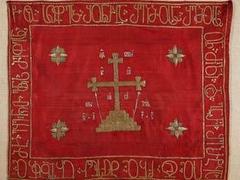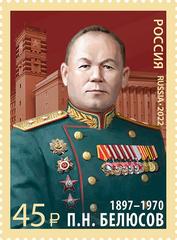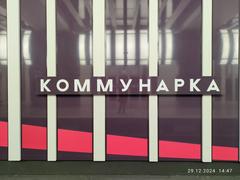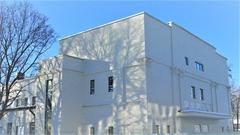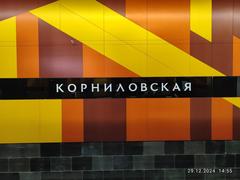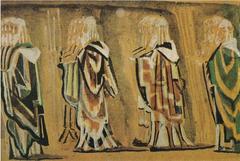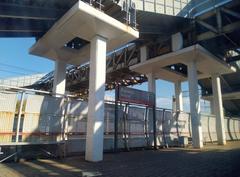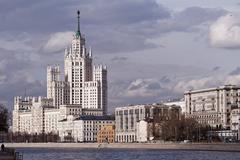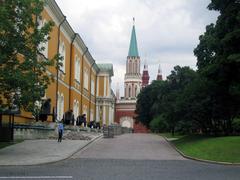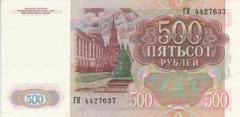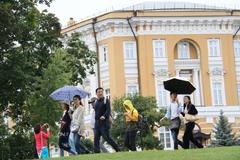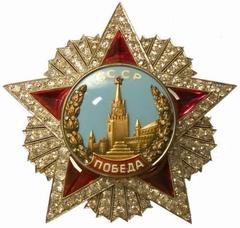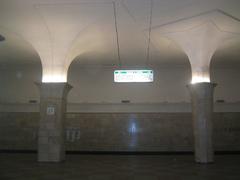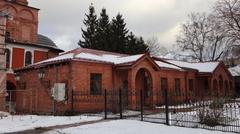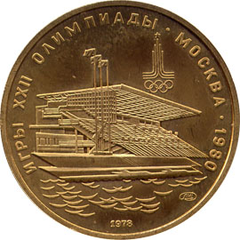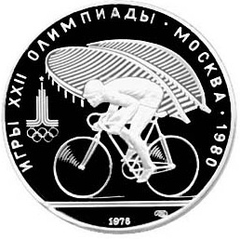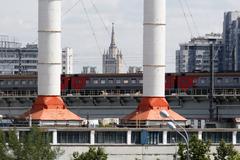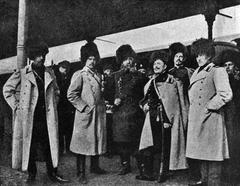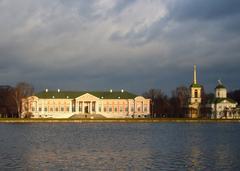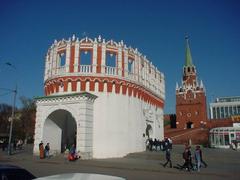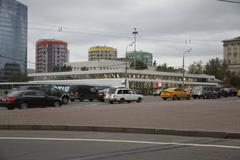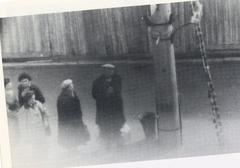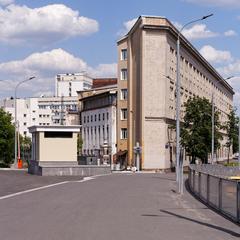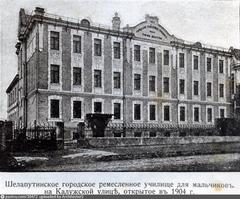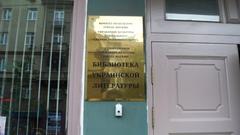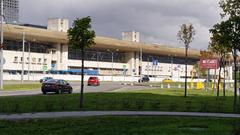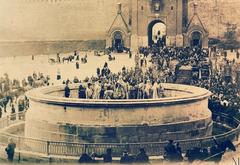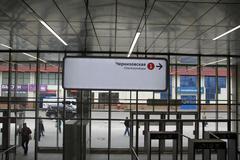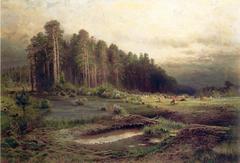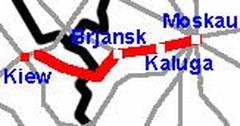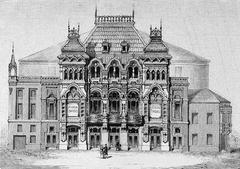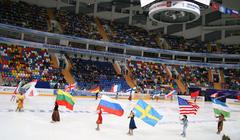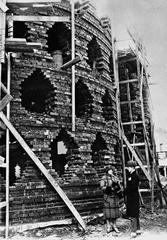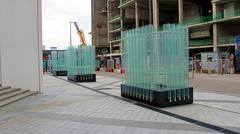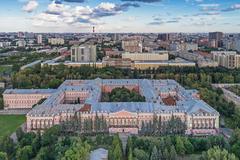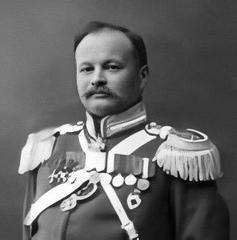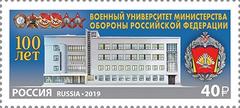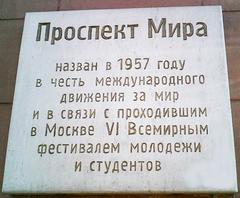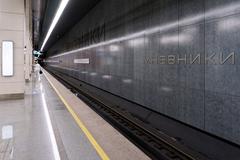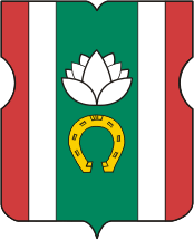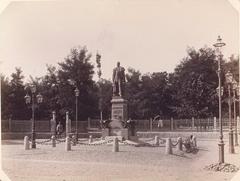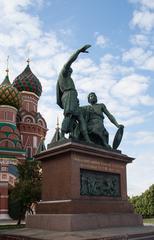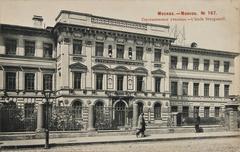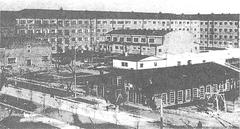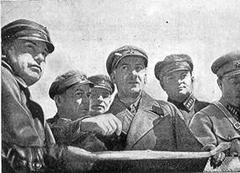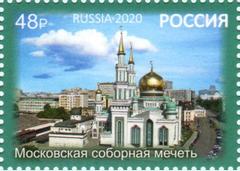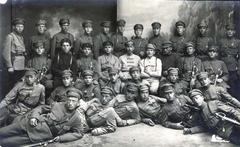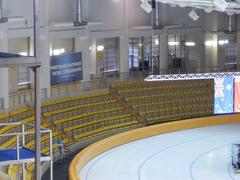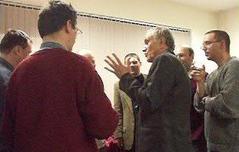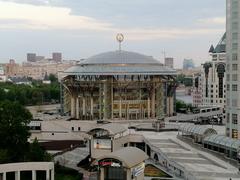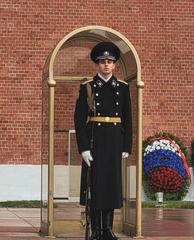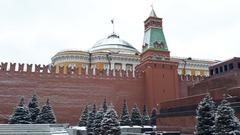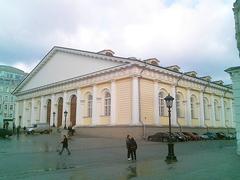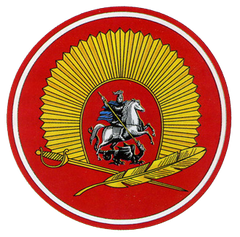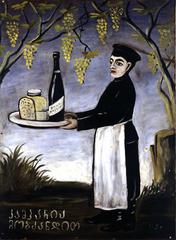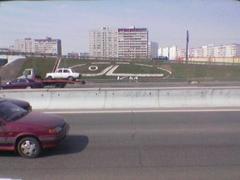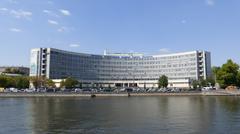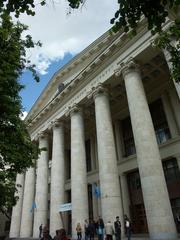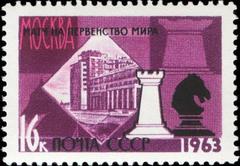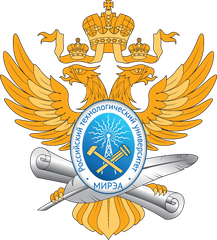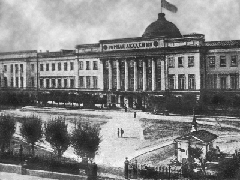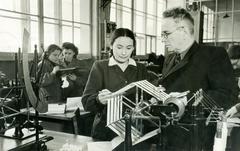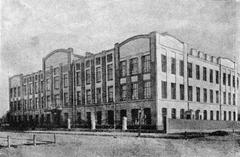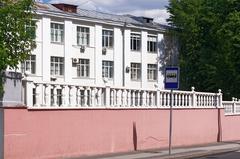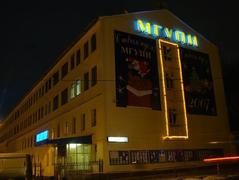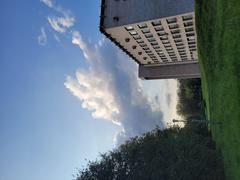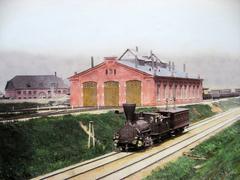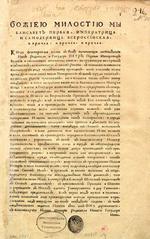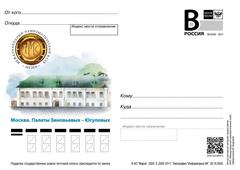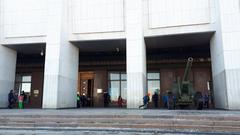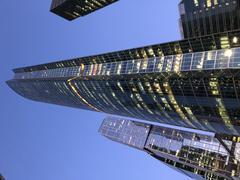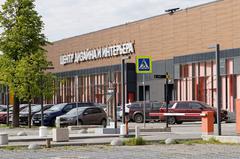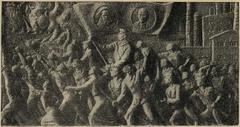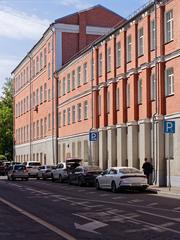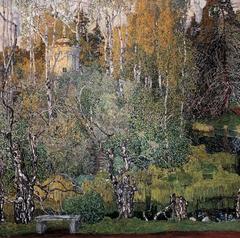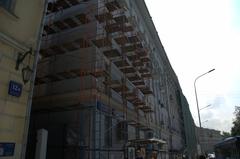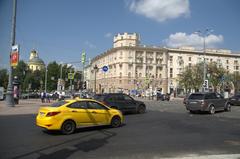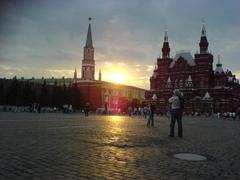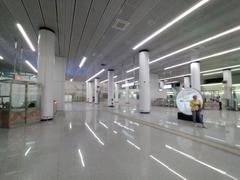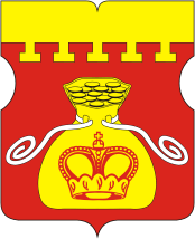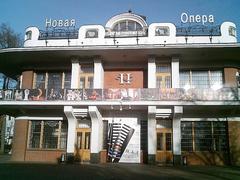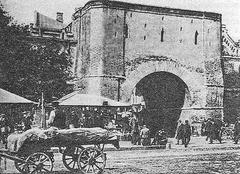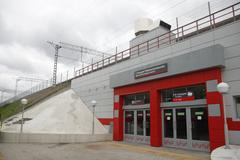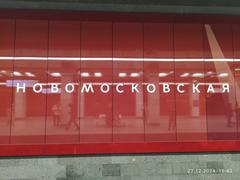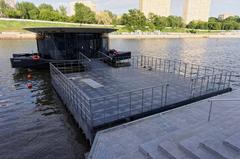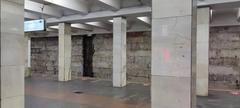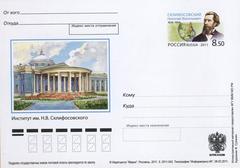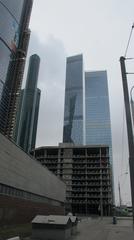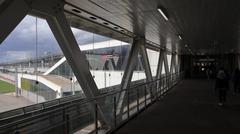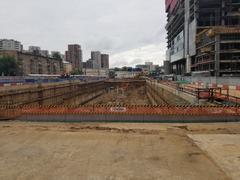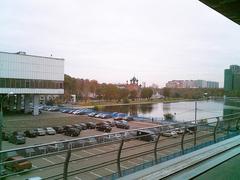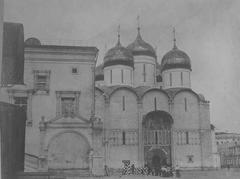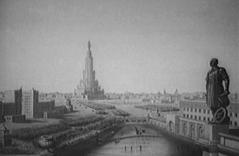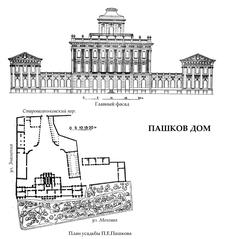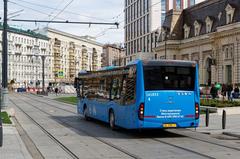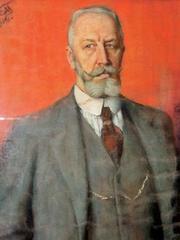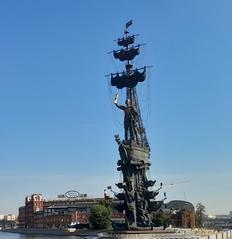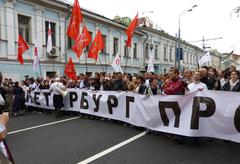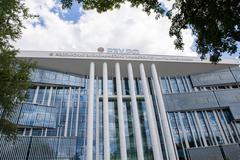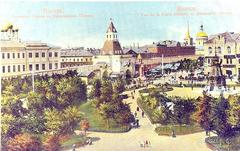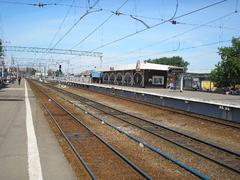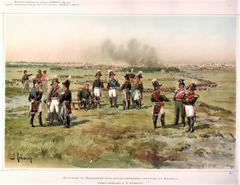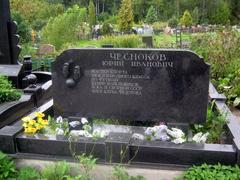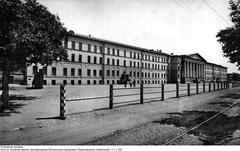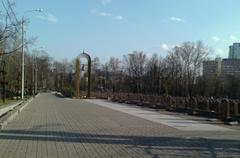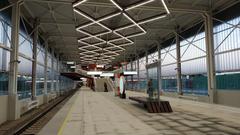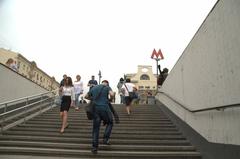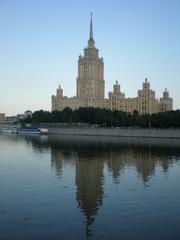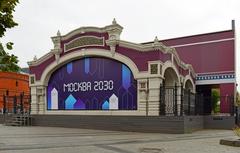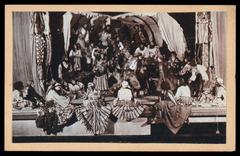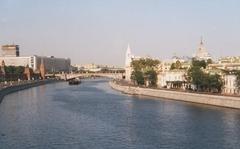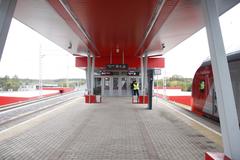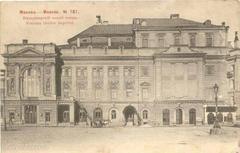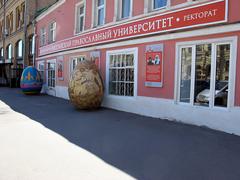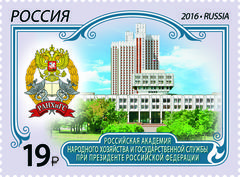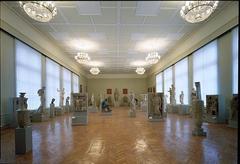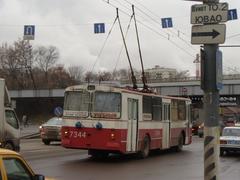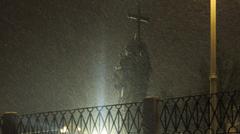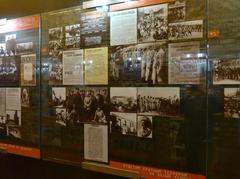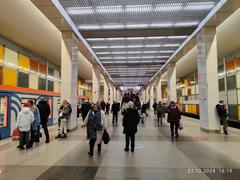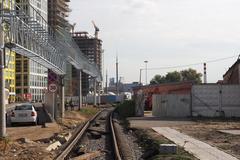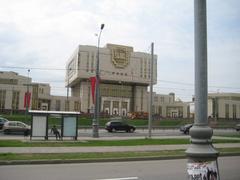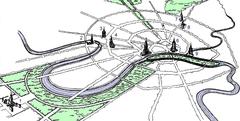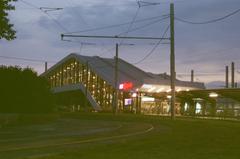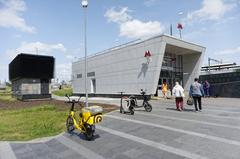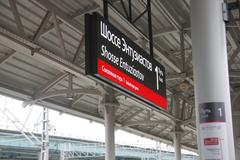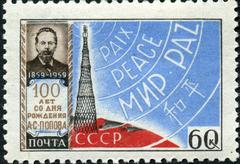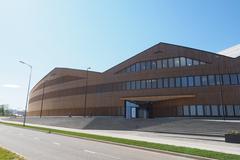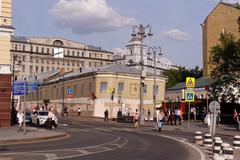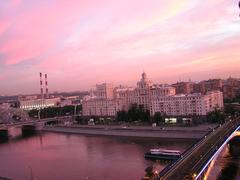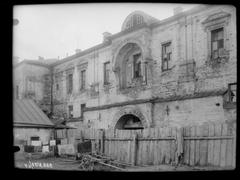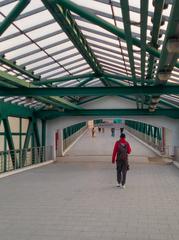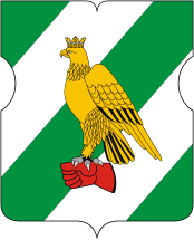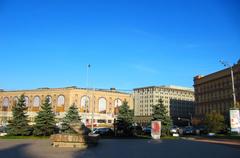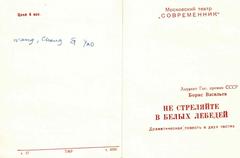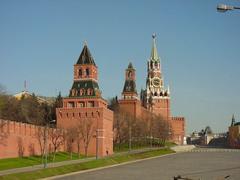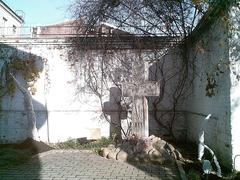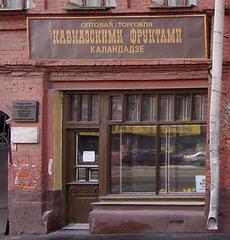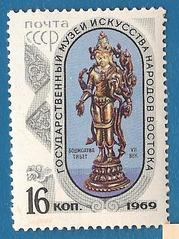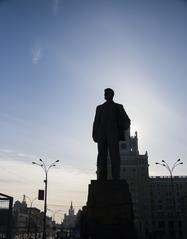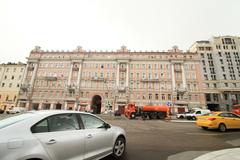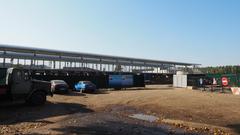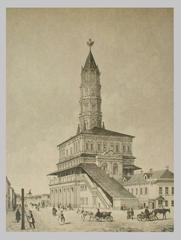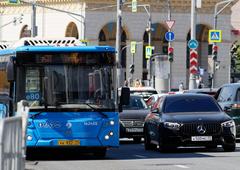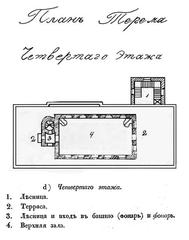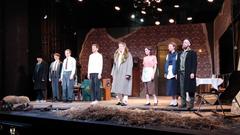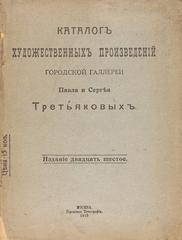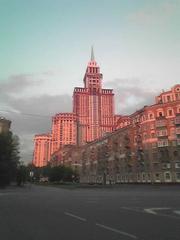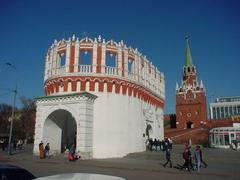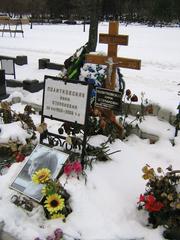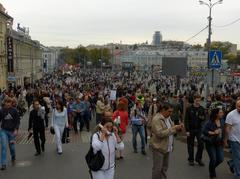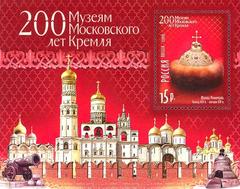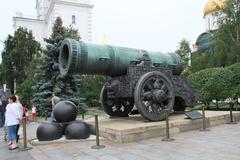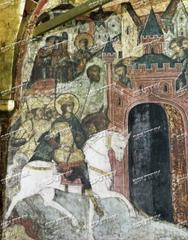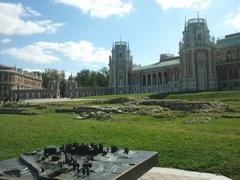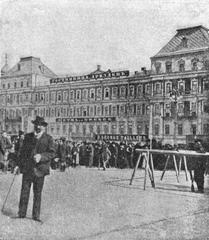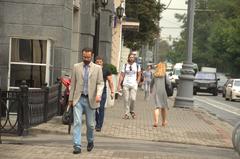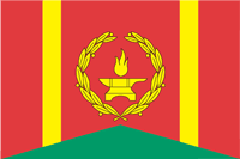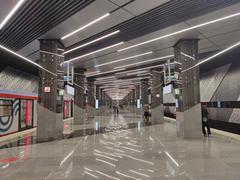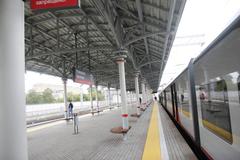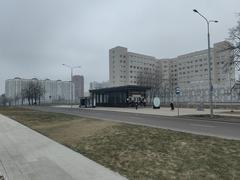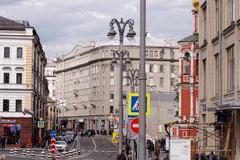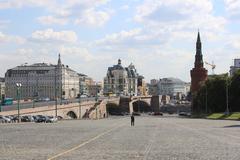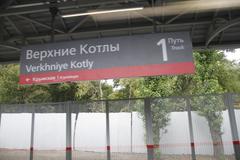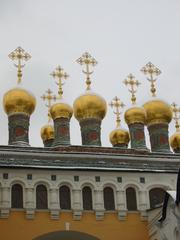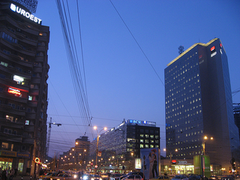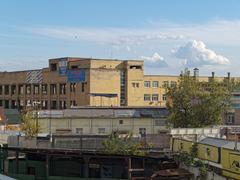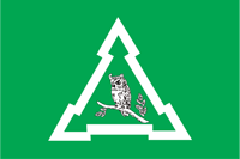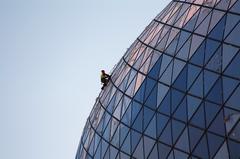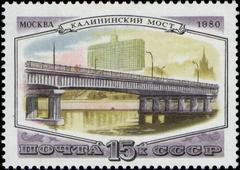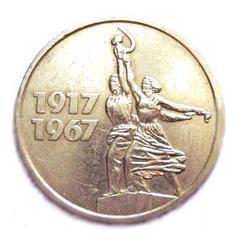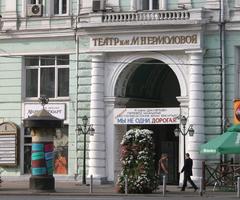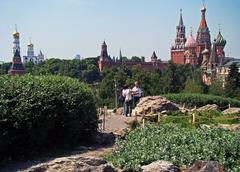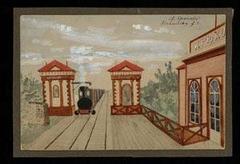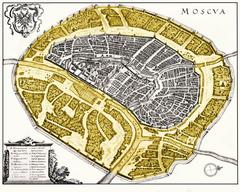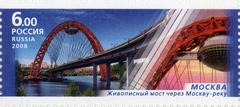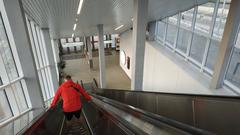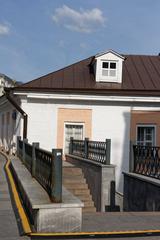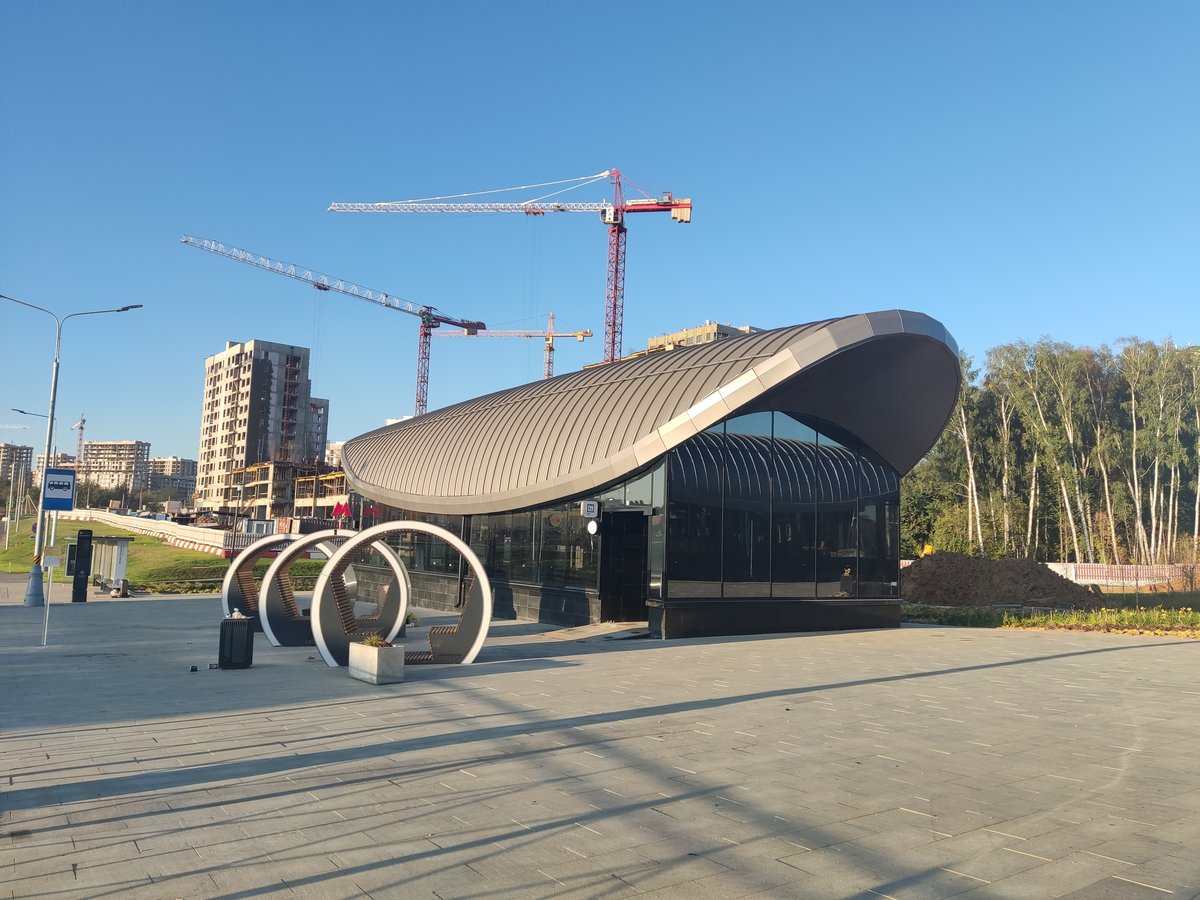
Potapovo Moscow Visiting Hours, Tickets, and Historical Sites Guide
Date: 14/06/2025
Introduction: Potapovo’s Unique Place in Moscow’s History
Potapovo, located in the southwestern “New Moscow” extension of the Russian capital, is a living testament to Moscow’s ongoing transformation. Once a rural village with roots in the late 18th century, Potapovo has witnessed dramatic changes—from an aristocratic estate and Soviet agricultural outpost to its present status as a model of modern, sustainable urban development (potapovo.com). Today, Potapovo seamlessly blends green spaces, advanced infrastructure, and a vibrant community life, all while preserving glimpses of its historic past.
As part of Moscow’s ambitious territorial expansion, Potapovo exemplifies the city’s “City in the Forest” vision—balancing new residential and recreational amenities with environmental stewardship. Its accessibility and appeal have been boosted with the opening of the innovative, ground-level, heated Potapovo Metro Station, setting a benchmark for urban transport and design (wikipedia; urbantransportnews.com). Culturally, the district is anchored by landmarks such as the Church of the Holy Trinity, a site of spiritual and architectural significance (church info).
This comprehensive guide covers Potapovo’s historical background, cultural highlights, practical visitor information, transport options, and essential travel tips—ensuring you have everything you need for a memorable visit.
Contents
- Discovering Potapovo: History and Modernity
- Early History: Imperial Beginnings
- Soviet Era and Collective Agriculture
- Integration into New Moscow
- Potapovo Today: Urban Community and Green Spaces
- Potapovo Metro Station: Tickets, Hours, and Travel Guide
- The Church of the Holy Trinity: Heritage and Visiting Information
- Plan Your Visit: Accommodation, Activities, Practical Tips
- FAQs
- Summary and Recommendations
- Sources
Discovering Potapovo: History and Modernity
Early History: Imperial Beginnings
Potapovo’s first recorded reference dates to 1773 as part of General-Lieutenant Fyodor Chekin’s estate, a prominent figure from the era of Peter the Great (potapovo.com). Subsequently, statesman Ivan Ivanovich Shuvalov incorporated Potapovo into the Voskresenskoye estate. The village, home to just 68 people in the late 18th century, was defined by its wooden manor, fish pond, and expansive forests of oak, aspen, and birch. Agriculture formed the backbone of local life, with rye, oats, and barley cultivated in fertile fields.
Soviet Era and Collective Agriculture
The Soviet era brought significant changes. In 1961, Potapovo was incorporated into the Kommunarka state farm (sovkhoz), shifting its economy toward collectivized agriculture (potapovo.com). A reservoir was constructed to support irrigation, but persistent water shortages led to the development of wetlands, maintaining Potapovo’s rural and tranquil character on Moscow’s edge.
Integration into New Moscow
Driven by Moscow’s population boom and urban congestion, the Russian government expanded the city’s boundaries in 2012, creating New Moscow—an area designed for sustainable growth and improved quality of life (jtp.co.uk). Potapovo became a focus for new housing, infrastructure, and green space development within this ambitious project, embodying the “City in the Forest” strategy.
Potapovo Today: Urban Community and Green Spaces
Potapovo now boasts approximately 15,000 residents, living in around 1,000 cottages and townhouses amid lush, landscaped surroundings (potapovo.com). The district prioritizes quality of life, offering schools, kindergartens, a leisure center, 18 playgrounds, sports fields, and nearly 30 kilometers of walking paths. Vast stretches of forest and several artificial ponds enhance the area’s natural appeal, while robust security and autonomous utilities ensure comfort and safety.
Potapovo Metro Station: Tickets, Hours, and Travel Guide
Overview and Location
The Potapovo Metro Station, opened in September 2024, serves as the southwestern terminus of the Sokolnicheskaya (Red) Line, integrated into the heart of Potapovo’s community (wikipedia; urbantransportnews.com). The station is notable as Moscow’s first heated, ground-level metro facility, featuring innovative design and state-of-the-art amenities.
Visiting Hours and Operational Times
- Hours: Daily, 5:30 AM to 1:00 AM.
Ticketing and Payment
- Tickets: Standard Moscow Metro rates apply—single rides start at 60 rubles. Purchase options include vending machines, staffed ticket windows, contactless payment with bank cards, and the digital “Troika” card (railwaypro.com).
- Accessibility: The station is fully accessible, with elevators, ramps, tactile paving, and clear bilingual (Russian/English) signage.
Features and Connectivity
Designed by the Parsek bureau and winner of the Moscow Architectural Prize, the station’s open, glass-and-steel architecture provides natural light and a futuristic ambiance. Passengers benefit from 4G connectivity, digital displays, and color-coded wayfinding. The station connects to major bus routes and taxi stands, offering seamless travel across Moscow and facilitating easy access to Potapovo’s attractions and green spaces.
Sustainability and Safety
The station incorporates eco-friendly materials, energy-efficient lighting, and provisions for future capacity expansion. Security is ensured through comprehensive CCTV coverage and on-site staff.
The Church of the Holy Trinity: Heritage and Visiting Information
Historical and Cultural Significance
Visiting Hours and Admission
- Open: Daily, 9:00 AM – 7:00 PM.
- Services: Sundays at 10:00 AM and on Orthodox holidays.
- Admission: Free; donations appreciated.
- Guided Tours: Available in Russian and English by prior arrangement.
Accessibility and Getting There
- Wheelchair access is provided, with ramps and assistance as needed.
- By Metro: Use the Butovskaya Light Metro Line to Buninskaya Alleya or Ulitsa Gorchakova stations; the church is a short walk or bus ride away.
- By Car: Accessible from the MKAD and Warsaw Highway, with parking nearby.
Nearby Amenities
Potapovo’s green parks, playgrounds, local markets, and diverse dining options ensure a rewarding visit. The tranquil setting is ideal for reflection, photography, and cultural exploration.
Plan Your Visit: Accommodation, Activities, and Practical Tips
Accommodation and Booking
Potapovo and its surrounds offer rural guesthouses and farm stays, such as Potapovo Farm, set on 20 hectares and featuring Alpine-style lodging, farm-fresh meals, and outdoor activities (My Guide Moscow). Early booking is recommended, especially during holidays, and it is advisable to confirm payment methods (many require cash in rubles).
Activities and Attractions
- Farm Tours & Culinary Experiences: Participate in daily routines, sample traditional Russian cuisine, and join cooking workshops.
- Horseback Riding & Outdoor Recreation: Trails, berry/mushroom picking, fishing, and winter sports.
- Historical and Nature Tours: Explore local heritage and scenic photo opportunities.
Travel Essentials
- Visa Requirement: Most foreigners need a Russian visa (Russiable). Ensure your visa is registered within seven days of arrival (iVisaTravel).
- Language: English is limited; translation apps and basic Russian phrases are helpful.
- Currency: Cash is preferred—withdraw rubles in Moscow, and carry small denominations (iVisaTravel).
- Health & Safety: Drink bottled water, bring essential medication, and note emergency number 112.
- Weather: Summers are warm (22–25°C); winters are cold (below –10°C). Pack accordingly for the season.
Cultural Etiquette
- Remove shoes when entering homes.
- Greet hosts politely.
- Dress modestly for church visits.
- Ask permission before taking photographs of people or private property.
Accessibility
Potapovo is generally accessible but confirm with your accommodation regarding facilities for guests with mobility needs.
Sustainability
Support local businesses, minimize waste, and respect the natural environment to contribute to responsible tourism.
Frequently Asked Questions (FAQ)
Q: What are Potapovo’s visiting hours?
A: Public parks are open from dawn to dusk. Facilities and the church have specific hours (see above).
Q: How do I get to Potapovo?
A: By Potapovo Metro Station (Sokolnicheskaya Line) or Butovskaya Light Metro Line, plus buses/taxis. Driving is also convenient.
Q: Are tours and guides available?
A: Yes, for the church and local farms—book in advance.
Q: Are credit cards accepted?
A: Many rural venues do not accept international cards—carry cash in rubles.
Q: Is Potapovo accessible for disabled visitors?
A: The metro and church are accessible; check with accommodations for specific needs.
Summary and Recommendations
Potapovo exemplifies the intersection of Moscow’s imperial heritage, Soviet history, and contemporary urban vision (potapovo.com). The new metro station, green spaces, and cultural landmarks like the Church of the Holy Trinity make it a compelling destination for visitors seeking both tranquility and modern convenience. To maximize your trip, plan ahead, book your accommodations early, and use digital tools such as the Audiala app for navigation and updates.
Whether you’re interested in history, architecture, nature, or rural experiences, Potapovo offers a rich, multifaceted visit within easy reach of Moscow’s city center.
Sources
- Potapovo: History, Attractions, and Travel Tips
- Potapovo Metro Station – Visitor Guide
- Moscow’s Transportation and Industrial Growth 2024
- Potapovo Farm Official Website
- My Guide Moscow: Potapovo Farm
- Moscow Expansion Project
- Moscow Transport Development Achievements 2024
- Russiable: Russia Travel Guide
- iVisaTravel: 10 Top Tips for Traveling to Russia
